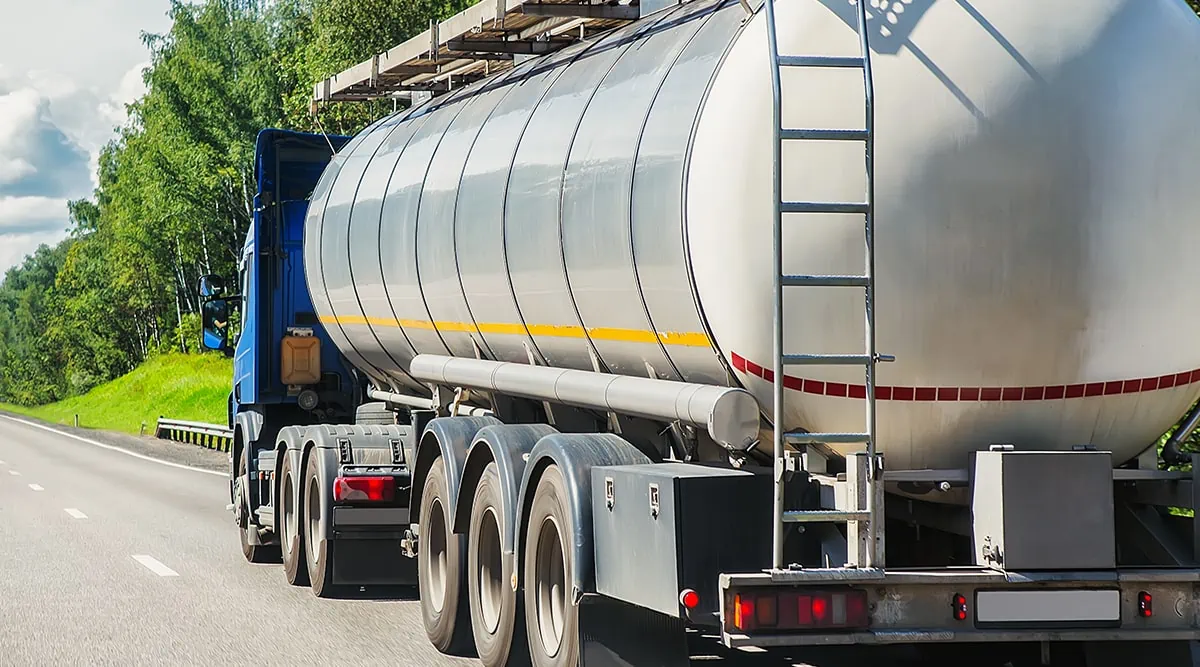What Does Reclaim Waste Mean?
What Does Reclaim Waste Mean?
Blog Article
What Does Reclaim Waste Do?
Table of ContentsThe Only Guide for Reclaim WasteRumored Buzz on Reclaim WasteIndicators on Reclaim Waste You Should KnowHow Reclaim Waste can Save You Time, Stress, and Money.Excitement About Reclaim Waste
Domestic sewage waste refers to the waste and products from a property septic storage tank. The appropriate monitoring and disposal of residential sewage waste require liquid waste to be transferred to a sewer therapy plant where the appropriate methods and devices are applied to cleanse and dispose of waste.
Industrial waste frequently consists of prospective threats, such as combustible materials or a mix of liquid and solid waste items, and needs a much more innovative and in-depth disposal procedure. The disposal of business waste generally includes the filtration of waste prior to transport to ensure risk-free and proper disposal. Hazardous waste is developed from results and runoff of industrial procedures and production.
This kind of waste can not make use of the exact same sewage monitoring transport or procedures as septic or commercial fluids. The commercial waste administration procedure calls for the examination and screening of liquid waste prior to it goes through the disposal process (liquid waste disposal melbourne). Overflow waste is the fluid waste that originates from overflow and excess stormwater in extremely booming locations or cities
Drainage waste can cause contamination and flooding if not managed correctly. Discover more about sewage system cleaning and waste management. Making certain proper waste administration can prevent disasters and reduce ecological harm. Both people in residential setups and professionals in commercial or manufacturing sectors can gain from understanding the procedures and guidelines of liquid waste monitoring.
The 4-Minute Rule for Reclaim Waste
Contact PROS Providers today to find out about our waste management and disposal services and the proper ways to take care of the liquid waste you generate.
(https://boom-fruit-496.notion.site/Industrial-Wastewater-Treatment-The-Key-to-a-Cleaner-Greener-Future-13c9fdbb2e9380eca32fee3a79088ddf?pvs=4)This so-called 'wastewater' is not only a crucial resource but, after treatment, will certainly be launched to our land, waterways or the sea. Used water from toilets, showers, bathrooms, kitchen area sinks, laundries and commercial procedures is understood as wastewater.

water made use of to cool equipment or tidy plant and equipment). Stormwater, a form of wastewater, is drainage that flows from agricultural and city areas such as roofings, parks, yards, roads, courses and gutters into stormwater drains pipes, after rain. Stormwater moves untreated directly to local creeks or rivers, ultimately getting to the sea.
More About Reclaim Waste
In Queensland, many wastewater is treated at sewage treatment plants. Wastewater is delivered from residential or industrial sites through a system of sewage systems and pump stations, understood as sewage reticulation, to a sewage treatment plant.
The Division of Natural Resources suggests city governments about managing, operating and preserving sewerage systems and treatment plants. In unsewered locations, regional governments may call for householders to mount specific or home sewer treatment systems to deal with residential wastewater from commodes, kitchens, restrooms and washings. The Department of Natural Resources authorizes the use of home systems when they are proven to be efficient.
The majority of stormwater receives no treatment. In some new class, treatment of some stormwater to remove litter, sand and crushed rock has actually begun using gross pollutant traps. Wastewater therapy occurs in 4 stages: Eliminates solid issue. Larger solids, such as plastics and various other items incorrectly discharged to sewage systems, are removed when wastewater is travelled through screens.
Wastewater then streams into huge containers where solids settle and are removed as sludge. Oil and residue are skimmed from the surface. Makes use of little living microorganisms called micro-organisms to break down and remove staying liquified wastes and great fragments. Micro-organisms and wastes are included in the sludge. Gets rid of nitrogen and phosphorus nutrients that can cause algal flowers in our rivers and threaten water life.
Reclaim Waste Fundamentals Explained
Nutrient removal is not offered at all sewage treatment plants because it needs pricey specialised tools. Clear liquid effluent produced after therapy may still contain disease-causing micro-organisms - liquid waste disposal melbourne.

This generally suggests wastewater has actually to be dealt with or pollutants removed prior to it can be discharged to rivers. Many wastewater moves into the sewerage system. Under the Act, city governments provide authorizations and licences for eco appropriate tasks (ERAs) entailing wastewater launches that could have a neighborhood impact. The department administers authorizations and licences to ERAs involving wastewater releases that might have a local or statewide effect.
Things about Reclaim Waste
Otherwise, samples are considered laboratory evaluation. Commonly lots of examinations are needed to develop the levels of each of the various toxins such as oils, heavy steels and pesticides in water. Tracking supplies factual information about water quality and can verify that permit problems are being met. The information acquired through surveillance supplies the basis for making water quality decisions.
Report this page